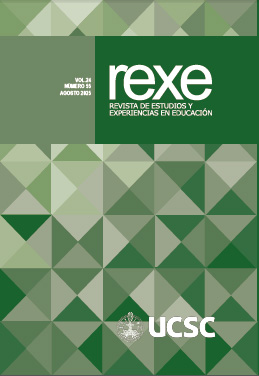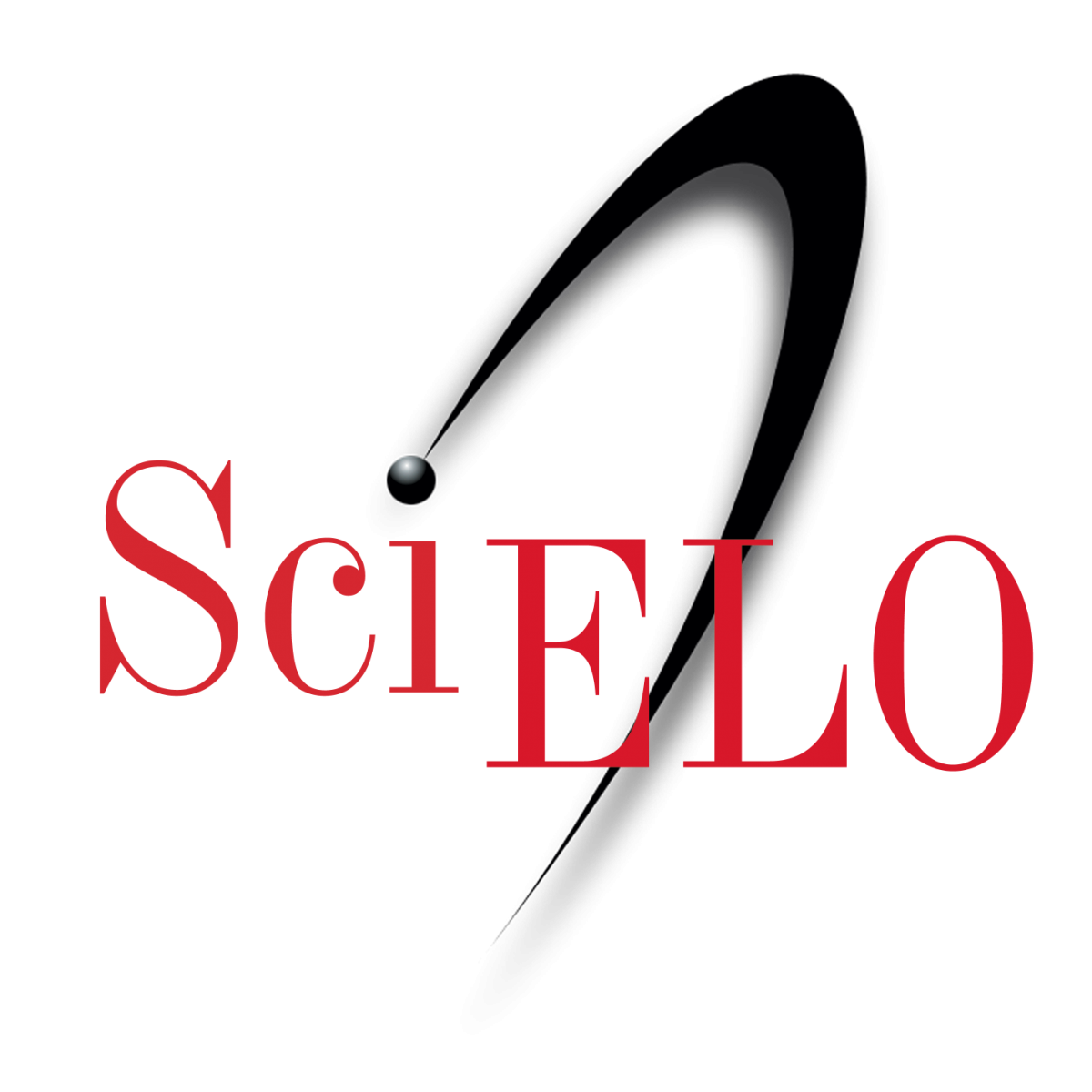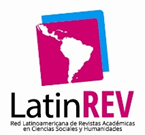Teachers' conceptions, strategies, and emotions regarding the use of AI
DOI:
https://doi.org/10.21703/rexe.v24i55.2991Keywords:
Artificial intelligence, Critical incident, Teaching emotions, Teacher identity, University educationAbstract
The inclusion of artificial intelligence in the educational field has gained strength in recent years. For this research, two objectives have been considered: a) to understand the conceptions, strategies, and emotions experienced by graduate-level professors regarding the incorporation of AI in their teaching processes; and b) to analyze the opportunities that professors recognize in incorporating these tools into their educational practices. The present paper is a qualitative study with a phenomenological design, analyzed through a dialogical model of teacher identity. An interview guide was applied to a total of 11 graduate-level professors from two private Peruvian universities. Among the results, initial adverse emotions, such as fear and distrust towards new technologies, stand out, although some professors are transforming their practices through the reflective adoption of AI. Recognizing and subsequently managing AI as contingencies or critical incidents facilitates the enrichment of educational strategies, which significantly contributes to the transformation of teacher identity and professional development. This work contributes by providing new insights into teachers' emotions and perceptions of AI, as well as identifying its potential applications.
Downloads
References
Akkerman, S. y Meijer, P. (2011). A dialogical approach to conceptualizing teacher identity. Teaching and Teacher Education, 27(2), 308-319. https://doi.org/10.1016/j.tate.2010.08.013 DOI: https://doi.org/10.1016/j.tate.2010.08.013
Ayuso, D. y Gutiérrez, P. (2019). La Inteligencia Artificial como recurso educativo durante la formación inicial del profesorado. Revista Iberoamericana de Educación a Distancia, 25(2), 347-362. https://doi.org/10.5944/ried.25.2.32332 DOI: https://doi.org/10.5944/ried.25.2.32332
Badia, A. y Becerril, L. (2016). Renaming teaching practice through teacher reflection using critical incidents on a virtual training course. Journal of Education for Teaching, 42(2), 224-238. https://doi.org/10.1080/02607476.2016.1143146 DOI: https://doi.org/10.1080/02607476.2016.1143146
Badia, A., Becerril, L. y Gómez, M. (2021). Four types of teachers’ voices on critical incidents in teaching. Teacher Development, 25(2), 120–135. https://doi.org/10.1080/13664530.2021.1882549 DOI: https://doi.org/10.1080/13664530.2021.1882549
Banco Mundial (2024). Developing AI for development. https://accountability.worldbank.org/en/news/2024/Developing-AI-for-development
Bohórquez, C. y Rodríguez-Cárdenas, D. E. (2014). Percepción de amistad en adolescentes: el papel de las redes sociales. Revista Colombiana de Psicología, 23(2), 325-338. https://doi.org/10.15446/rcp.v23n2.37359 DOI: https://doi.org/10.15446/rcp.v23n2.37359
Cabero-Almenara, J., Barroso-Osuna, J., Palacios-Rodríguez, A. y Llorente-Cejudo, C. (2020). Marcos de Competencias Digitales para docentes universitarios: su evaluación a través del coeficiente competencia experta. Revista Electrónica Interuniversitaria de Formación del Profesorado, 23(2). https://doi.org/10.6018/reifop.413601 DOI: https://doi.org/10.6018/reifop.413601
Castelló, M., McAlpyne, L., Sala-Bubaré, A., Inouye, K. y Skakni, I. (2021). What perspectives underlie ‘researcher identity’? A review of two decades of empirical studies. High Education, 81, 567-590. https://doi.org/10.1007/s10734-020-00557-8 DOI: https://doi.org/10.1007/s10734-020-00557-8
Cordón, O. (2023). Inteligencia Artificial en Educación Superior: Oportunidades y Riesgos. RiiTE Revista Interuniversitaria de Investigación en Tecnología Educativa,(15), 16–27. https://doi.org/10.6018/riite.591581 DOI: https://doi.org/10.6018/riite.591581
Chan, C.K. y Tsi, L.H. (2023). The AI Revolution in Education: Will AI Replace or Assist Teacher in Higher Education? ArXiv, abs/2305.01185. https://doi.org/10.48550/arXiv.2305.01185
Celik, I., Dindar, M., Muukkonen, D., y Järvelä, H. (2022). The Promises and Challenges of Artificial Intelligence for Teachers: a Systematic Review of Research. TechTrends, 66, 616–630. https://doi.org/10.1007/s11528-022-00715-y DOI: https://doi.org/10.1007/s11528-022-00715-y
Fondo Monetario Internacional (2020). How artificial intelligence could widen the gap between rich and poor nations. https://www.imf.org/en/Blogs/Articles/2020/12/02/blog-how-artificial-intelligence-could-widen-the-gap-between-rich-and-poor-nations
García, J. A., Sakibaru, L.A., Ortega, Y.K., García, B.L., Guevara, Y. y Vargas, C.A. (2023). Inteligencia artificial en la praxis docente: vínculo entre la tecnología y el proceso de aprendizaje. https://hcommons.org/deposits/item/hc:59889/
Georgieva, K. (2024). La economía mundial transformada por la inteligencia artificial ha de beneficiar a la humanidad. https://www.imf.org/es/Blogs/Articles/2024/01/14/ai-will-transform-the-global-economy-lets-make-sure-it-benefits-humanity
González-González, C. S. (2023). El impacto de la inteligencia artificial en la educación: transformación de la forma de enseñar y de aprender. Revista Qurriculum, 36, 51-60. https://riull.ull.es/xmlui/handle/915/32719 DOI: https://doi.org/10.25145/j.qurricul.2023.36.03
Hermans, H. J. M. (2014). Self as a society of I-positions: A dialogical approach to counseling. Journal of Humanistic Counseling, 53, 134–159. https://doi.org/10.1002/j.2161-1939.2014.00054.x DOI: https://doi.org/10.1002/j.2161-1939.2014.00054.x
Hermans, H. J. M., y Hermans-Konopka, A. (2010). Dialogical self theory: Positioning and counter-positioning in a globalizing society. Cambridge University Press. DOI: https://doi.org/10.1017/CBO9780511712142
Hurtado, M. F. (2020). Liderazgo pedagógico e inteligencia artificial Maestría en educación de una institución de educación superior. Estudio de caso [Tesis de maestría]. Universidad Militar Nueva Granada. http://hdl.handle.net/10654/36061
Infante, A. (2023). Percepción de los docentes sobre la inteligencia artificial en la educación superior. Scripta Mundi, 2(1), 45–56. https://revistas.ug.edu.ec/index.php/scmu/article/view/2181 DOI: https://doi.org/10.53591/scmu.v2i1.59
Kordts-Freudinger, R. (2017). Feel, think, teach - Emotional underpinnings of approaches to teaching in higher education. International Journal of Higher Education, 6(1), 217-229. https://doi.org/10.5430/ijhe.v6n1p217 DOI: https://doi.org/10.5430/ijhe.v6n1p217
Litwin, E. (2005). Tecnologías educativas en tiempos de internet. Amorrortu editores.
Luckin, R. (2017). Towards artificial intelligence-based assessment systems. Nature Human Behaviour, 1, 0028. https://doi.org/10.1038/s41562-016-0028 DOI: https://doi.org/10.1038/s41562-016-0028
Martín, M.D., Jimenez, M.P. y Fernández-Abascal, E. (2000). Estudio sobre la escala de estilos y estrategias de afrontamiento (E3A). Revista electrónica de motivación y emoción, 3(4). https://reme.uji.es/articulos/agarce4960806100/texto.html
Monereo, C. (2010a). La formación del profesorado: una pauta para el análisis e intervención a través de incidentes críticos. Revista Iberoamericana de Educación, 52,148-179. https://rieoei.org/RIE/article/view/615/1158 DOI: https://doi.org/10.35362/rie520615
Monereo, C. (2010b). ¡Saquen el libro de texto! Resistencia, obstáculos y alternativas en la formación de los docentes para el cambio educativo. Revista de Educación, 352, 583-597. https://redie.uabc.mx/redie/article/view/276
Monereo, C. (2023). Aprender de las crisis. Los incidentes críticos como metodología para educar, también, emocionalmente. Revista Internacional de Educación Emocional y Bienestar, 3(1), 15-37. https://rieeb.ibero.mx/index.php/rieeb/article/view/43 DOI: https://doi.org/10.48102/rieeb.2023.3.1.43
Monereo, C. y Domínguez, C. (2014). La identidad docente de los profesores universitarios competentes. Educación XX1, 17(2), 83-104. https://doi.org/10.5944/educxx1.17.2.11480 DOI: https://doi.org/10.5944/educxx1.17.2.11480
Monereo, C. y Pozo, J.I. (2011). La identidad en psicología de la educación. Necesidad, utilidad y límites. Narcea.
Morocho, R.A., Tipan, A. M., Ríos, M.B., Cartuche, A.P., y Guevara, A.M. (2023). Integración de la Inteligencia Artificial en la Educación. Ciencia Latina Revista Científica Multidisciplinar, 7(6), 2032-2053. https://doi.org/10.37811/cl_rcm.v7i6.8832 DOI: https://doi.org/10.37811/cl_rcm.v7i6.8832
Parreira, A., Lehmann, L. y Oliveira, M. (2021). O desafio das tecnologias de inteligência artificial na Educação: percepção e avaliação dos professores. Ensaio: avaliação e políticas públicas em educação, 29, 975-999. https://doi.org/10.1590/S0104-40362020002803115 DOI: https://doi.org/10.1590/s0104-40362020002803115
Rushton, E. A. C., Rawlings Smith, E., Steadman, S. y Towers, E. (2023). Understanding teacher identity in teachers' professional lives: A systematic review of the literature. Review of Education, 11, e3417. https://doi.org/10.1002/rev3.3417 DOI: https://doi.org/10.1002/rev3.3417
Shapiro, S. (2010). Revisiting the Teachers’ Lounge: Reflections on Emotional Experience and Teacher Identity. Teaching and Teacher Education, 26(3), 616-621. https://doi.org/10.1016/j.tate.2009.09.00 DOI: https://doi.org/10.1016/j.tate.2009.09.009
Troncoso Heredia, M. O., Dueñas Correa, Y. K. y Verdecia Carballo, E. (2023). Inteligencia artificial y educación: nuevas relaciones en un mundo interconectado. Estudios Del Desarrollo Social: Cuba Y América Latina, 11(2), 312–328. https://revistas.uh.cu/revflacso/article/view/4815
Unesco (2019). Consenso de Beijing sobre la inteligencia artificial y la educación. https://unesdoc.unesco.org/ark:/48223/pf0000368303
Unesco (2024). AI literacy and the new digital divide: A global call for action. https://www.unesco.org/en/articles/ai-literacy-and-new-digital-divide-global-call-action
Universidad de los Andes. (2024). Lineamientos para el uso de inteligencia artificial generativa (IAG). https://www.uniandes.edu.co/es/noticias/inteligencia-artificial/un-documento-pionero-en-colombia-para-usar-la-ia-generativa
Vargas-Murillo, G. (2020). Estrategias educativas y tecnología digital en el proceso enseñanza aprendizaje. Cuadernos Hospital de Clínicas, 61(1), 114-129. http://www.scielo.org.bo/scielo.php?script=sci_arttext&pid=S1652-67762020000100010&lng=es&tlng=es
Vera, F. (2023). Integración de la Inteligencia Artificial en la Educación superior: Desafíos y oportunidades. Transformar, 4(1), 17–34. https://revistatransformar.cl/index.php/transformar/article/view/84
Downloads
Published
Issue
Section
License
Copyright (c) 2025 María de los Ángeles Sánchez Trujillo, Alexandra María González de Ramírez , Marianella Suárez Pizzarello

This work is licensed under a Creative Commons Attribution 4.0 International License.
Open Access Policy
This journal provides immediate open access to its content, based on the principle that offering the public free access to research fosters greater global knowledge exchange.
License
The REXE Journal, “Journal of Studies and Experiences in Education,” published by the Faculty of Education at the Universidad Católica de la Santísima Concepción, is distributed under a License. Creative Commons Atribución 4.0 Internacional.






